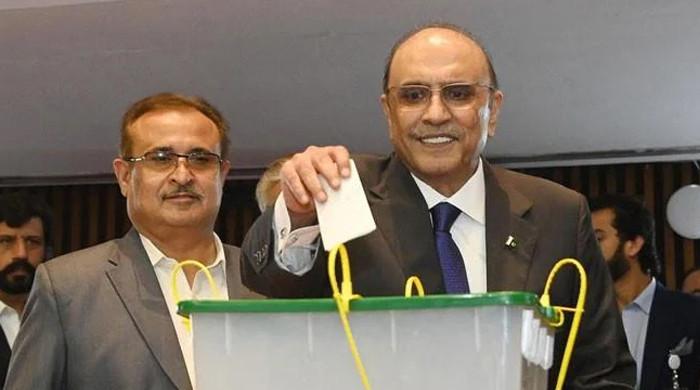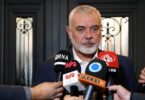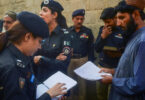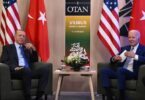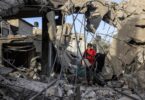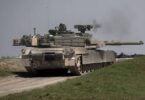F.P. Report
ISLAMABAD: PPP co-Chairman Asif Ali Zardari was elected as the 14th president of Pakistan for the second time on Saturday. Zardari, the joint candidate of PPP and PML-N, received 411 votes against the Sunni Ittehad Council backed candidate Mehmood Khan Achakzai who secured 181 votes.
The current ruling coalition, comprising the PML-N, the PPP, and the Muttahida Qaumi Movement-Pakistan (MQM-P), has backed former president Asif Ali Zardari. The President is elected by an electoral college comprising members of the Senate, National Assembly and the four provincial assemblies.
A joint session of the parliament was held at the parliament house in Islamabad today where the members of National Assembly and the Senate will exercise their right to vote. The Election Commission of Pakistan Saturday declared all four assemblies as a polling station for the conduct of the presidential elections.
Mahmood Khan Achakzai — the Sunni Ittehad Council (SIC) backed presidential candidate — on Friday asked the Election Commission of Pakistan (ECP) to postpone the election as the electoral college is “incomplete”. However, ECP rejected his request. Prime Minister Shehbaz Sharif and other political leaders cast their votes during the presidential election in the National Assembly held on Saturday.
Premier Shehbaz Sharif, PML-N supremo Nawaz Sharif, PPP co-chairman Asif Ali Zardari, Bilawal Bhutto Zardari, Abdul Aleem Khan, Ishaq Dar and other leaders cast their vote in the National Assembly. Senator Faisal Javed, opposition leader in the National Assembly Omar Ayub, Senator Irfan Siddiqui, Asad Qaiser, Akhtar Mengal, Mahmood Khan Achakzai also exercised their right to vote in presidential election.
The first vote for the presidential election was cast by Amer Talal and Abdul Aleem Khan cast the second vote.
Two polling booths and two counters have been set up in the National Assembly for the voting process. Prime Minister Shehbaz Sharif and other political leaders cast their votes during the presidential election in the National Assembly held on Saturday. Voting for country’s head of state was held simultaneously in the national and provincial assemblies besides the Senate.
Premier Shehbaz Sharif, PML-N supremo Nawaz Sharif, PPP co-chairman Asif Ali Zardari, Bilawal Bhutto Zardari, Abdul Aleem Khan, Ishaq Dar and other leaders cast their vote in the National Assembly. Senator Faisal Javed, opposition leader in the National Assembly Omar Ayub, Senator Irfan Siddiqui, Asad Qaiser, Akhtar Mengal, Mahmood Khan Achakzai also exercised their right to vote in presidential election. The first vote for the presidential election was cast by Amer Talal and Abdul Aleem Khan cast the second vote. Two polling booths and two counters have been set up in the National Assembly for the voting process.
Asif Ali Zardari, is the widower of Pakistan’s first female prime minister Shaheed Benazir Bhutto. Born on July 26, 1955, in Karachi, Asif Ali Zardari is the son of Hakim Ali Zardari, a tribal chief and prominent landowner. Zardari served as the 11th president of Pakistan from 2008 to 2013 and was the first politician to complete a full term in office. He has been a member of the national assembly of Pakistan since August 2018. The historic Benazir Income Support Programme (BISP) was also a Zardari’s brainchild that became the first widely acknowledged social safety net in the region that earned accolades internationally.
In 2013, former Chinese Premier Li Keqiang and former President Asif Ali Zardari agreed to build an economic corridor between the two countries which gave birth to the China-Pakistan Economic Corridor (CPEC). The historic milestone of Belt and Road Initiative further enhanced the mutual connectivity between the two countries, opened vistas of progress and development and generated unprecedented employment opportunities to Pakistanis. While he also helped reset the contours of the country’s foreign policy garnering international community’s support on various regional and global issues.

